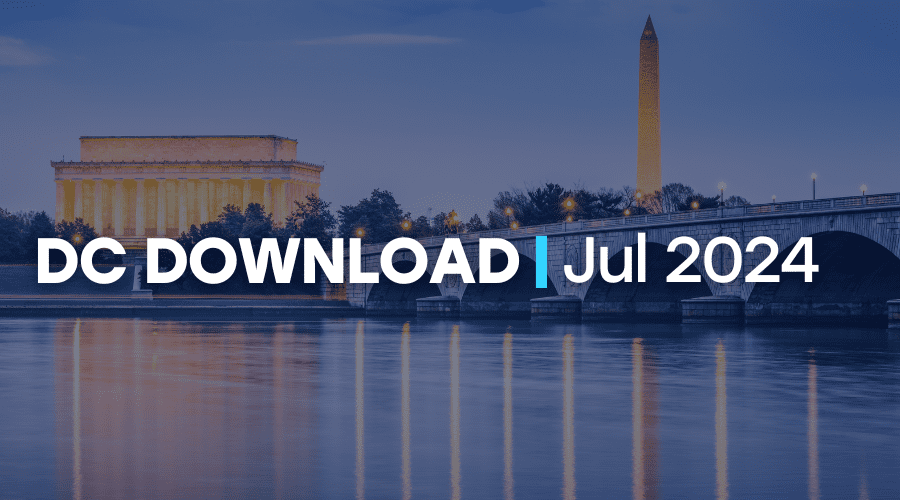Last month at Our Common Future, Independent Sector was honored to present the 2017 American Express NGen Leadership Award to Sarah Eagle Heart, Oglala Lakota, CEO of Native Americans in Philanthropy. We asked Sarah about her advocacy work on behalf of Indigenous Peoples, and future plans for Native Americans in Philanthropy.

It is one thing to have personally experienced the impact of the long history of injustices against Native peoples, and quite another thing to have the courage to be outspoken about and to commit one’s life to addressing them. In your life journey, is there one pivotal moment that launched your work as a fierce advocate for Indigenous peoples, the preservation of Native values and traditions, and the building of healthy sustainable communities?
I have been on the forefront of advocacy issues and movement building since I was 17 years old. Along with my twin sister, I protested our then-high school mascot and the “Warrior Homecoming Ceremony” – which featured non-Native students portraying a stereotypical enactment of a fictional ceremony in which the “Medicine Man” chooses a “Warrior Princess” for the “Big Chief”. After four years of protesting this spiritually degrading, racist, and sexist annual event, my sister and I gained tribal support that led to ending the homecoming event. This experience provided the foundation for my life’s work in advocacy and serving Indigenous peoples for racial equity and inclusion.
Your educational degrees include a Bachelor’s degree in Mass Communications and Media Studies, and you are known as a powerful storyteller. How has your communications background been advantageous in your work on behalf of the charitable sector at large and the Native American community in particular?
So much of the work I, and Native Americans in Philanthropy, do, is centered on communications. We are constantly educating all of our stakeholders not only about the work that we do, but also about Native history, culture, and the powerful advocacy work that is happening across Indian Country today. This includes both Native and non-Native audiences as well as those in philanthropy as we work to change inaccurate and harmful narratives surrounding Native Americans today. The degree provides a framework for how to navigate our media environment, but I find that the most powerful work that I do is guided by the creator rather than by my academic background.
A growing number of charitable organizations are rebranding to stay in step with changing times and trends. How has Native Americans in Philanthropy changed since you became CEO in September 2015, and what are your plans for your organization’s mission and activities going forward?
Native Americans in Philanthropy started off as an informational resource hub for those who were interested in working with or funding Indian Country, but like many successful organizations, the mission began to evolve to match our network, expertise, and capacity. We have now become an advocate for Native American peoples and issues, and as an advocate, we have made new connections and been invited into spaces we were not recognized in before. We are participating in increasingly intersectional work and adding our voices to help inform the growing movement of movements that we are seeing activating today (GenIndigenous, My Brother’s Keeper Alliance, etc.).
As today’s cultural and political dynamic rapidly shifts, we maintain our focus on our core strategy promoting reciprocity and investment in, with, and for Native peoples to build healthy and sustainable communities…but we are also staying alert and responsive to events that present challenges that need to be addressed and new opportunities.

You have worked in many arenas, including faith-based communities and several positions with the Episcopal Church. How did you transition from your work in the church to the philanthropic world, and how does your background with the church inform your position today as CEO of Native Americans in Philanthropy?
I was Team Leader for Diversity and Ethnic Ministries and Program Officer for Indigenous Ministry serving on the staff of the Presiding Bishop of The Episcopal Church in New York, New York (The Episcopal Church serves two million members in 16 countries). During my tenure, the Episcopal Church became the first major denomination to repudiate the Doctrine of Discovery focusing programmatic education and advocacy for accurate history education, cultural teachings, healing, asset based community development, and public policy initiatives. In these roles I collaborated with cross sectional, diverse communities within the faith-based network nationally and internationally from 2009-2015. My role today is simply an extension of my life’s work advocating for Native peoples, albeit in a different arena, focusing now on philanthropy rather than faith.

Efforts to end the program known as Deferred Action for Childhood Arrivals, or DACA, have reignited this issue and immigration overall, and drawn even harsher dividing lines between those who are for and against this federal program. As a Native person and advocate for Indigenous peoples, what are your thoughts on the charitable sector’s role in advancing diversity, equity, and inclusion and co-creating a world where all feel safe, valued, and included?
Given today’s politics of exclusion and culture wars, the charitable sector has an particularly heavy responsibility to shoulder not only in working on inclusion and equity policy, but also in maintaining these values during this challenging time. As an Indigenous woman to this land, I have stood in support of those who came to this country to seek refuge and tribal nations, like Tohono O’odham, whose homelands are not defined by colonial settler borders. We, as Natives are in the process of decolonizing; to shed any remnants of the colonial mentality that has devastated us for centuries and still plagues us and many disempowered groups to this day. Inherent in this process is embracing all of the values that you’ve mentioned, and coming together to support each other in creating a better future for all of us.



